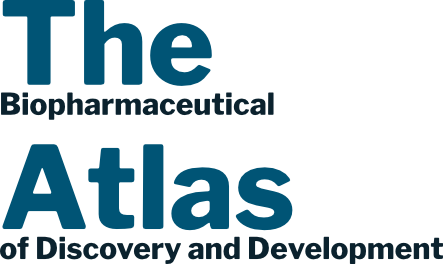SCI103 Biology Simplified
The goal of medical treatments is to change our biology to avoid, prevent, or reduce the impact of diseases. But biology is a very broad and deep field. In this course, you will learn the basic biological processes and ways that have been used to impact them. This is a primer for the non-biologist struggling to understand the types of treatments being explored.
Related Vocabulary
c
If you’re already an Atlas member login to start this course.
Forgot Password? Click here
Not ready to subscribe to the Atlas for access to unlimited courses?
Buy this course


